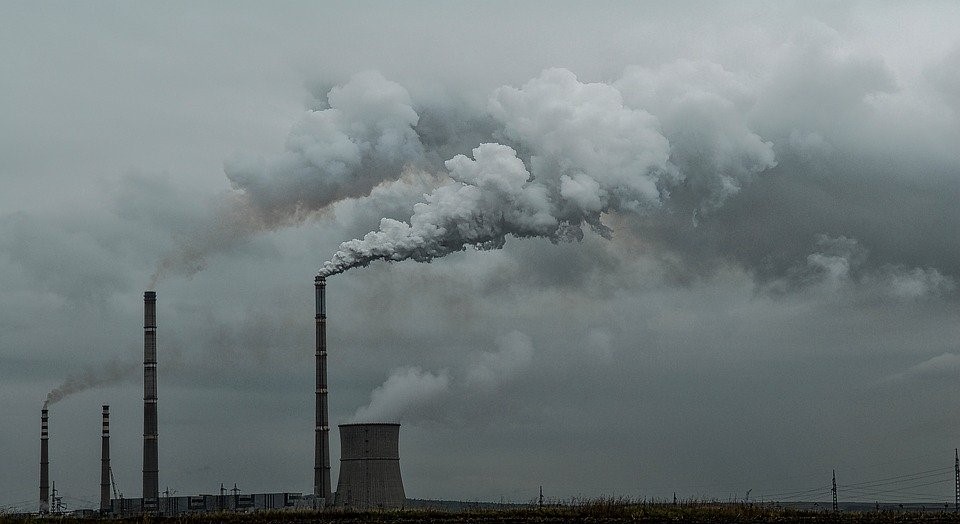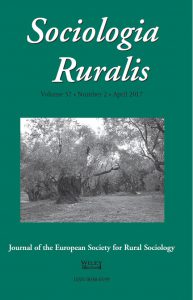25 Years of Gender, Work and Organisation- ‘Embodying the political resistance we live’
At the start of Gender, Work and Organization’s 25th Anniversary year, we reflected on the journal’s trajectory and outlined an editorial direction for the journal (Pullen, Lewis and Ozkazanc-Pan, 2019). Ending this year, we ask ourselves what a journal focusing on critical approaches to gender requires in the current socio-political climate? It is tempting to revisit our contributions to the journal and outline what we might like to see submitted in the future; we might like to cross-reference developments in...



















1520-6688/asset/Capture.jpg?v=1&s=b5076c49a7d1c5f1b9cf0dd9cd292394a3be81cc)
1099-1328/asset/dsa_logo.jpg?v=1&s=e4815e0ca3064f294ac2e8e6d95918f84e0888dd)